There are many different types of mortgages out there that vary in terms, rate, length and more. However, zero down payment mortgages can sometimes catch first time home buyer’s eye, since a down payment is a large sum of money. Although zero down payments sound great in theory, it is not always the best option for buyers.
Outlined below is why a zero down payment is not usually the best option for first time home buyers and other down payment assistance options that are available that may better fit your needs!
Why beware of zero down payment mortgages?
• Higher interest rates. Many lenders who offer zero down payment options often increase the interest rate on the mortgage to make up for the lack of down payment. The rationale is that without a down payment the loan carries a higher default rate and a higher risk, since without a down payment; you have to borrow 100% of the selling price of the home.
• Qualifying for a loan with no down payment may be more difficult, which is based on mortgage amount, indebtedness and monthly income. Without a 10 or 20 percent down payment, you’ll need more income.
Other down payment assistance options:
• Private Mortgage Insurance (PMI). Almost all lenders require PMI for borrowers who put less than 20% down. The insurance costs approximately one percent of the total mortgage amount annually, meaning the PMI for a $200,000 mortgage would cost $2,000 annually. That payment continues until the principal balance on the loan reaches 80%. PMI is very common and is a great way to afford a less than 20% down payment on a home.
• Ask for a down payment gift from a friend or family member. If a friend or family member is willing to provide a gift for a down payment, it must be accompanied by a mortgage gift letter to show the lender that the intent of the money is for a mortgage down payment.
• There are government loan programs available for some first time home buyers that offer lower down payment amounts depending on qualifications. Speaking with a lender can help you identify these types of programs and see if you meet the qualifications to be considered.
Navigating the mortgage process can be complicated; however, don’t let gimmicks and offers that may seem too good to be true tempt you from making the right financial decision. For more first time home buyer and mortgage information, download our educational eBook now!
{{cta(‘6c7eceb4-d44d-487e-b212-1dd4b5fd90a1′,’justifycenter’)}}




